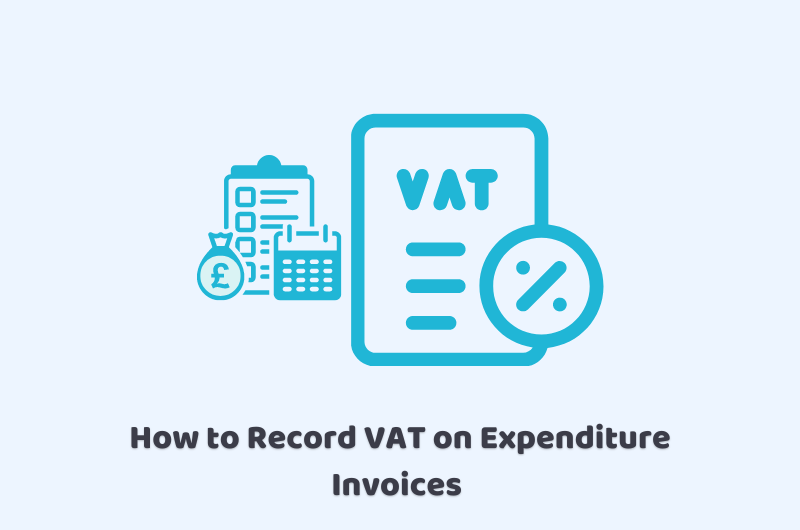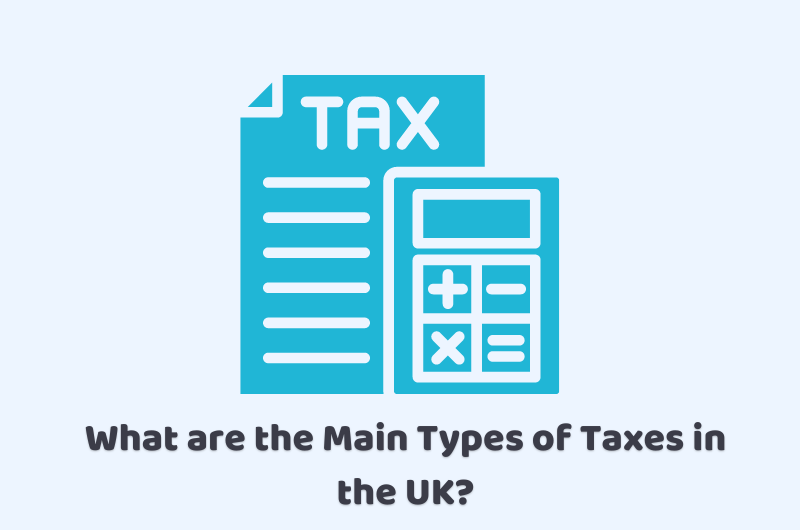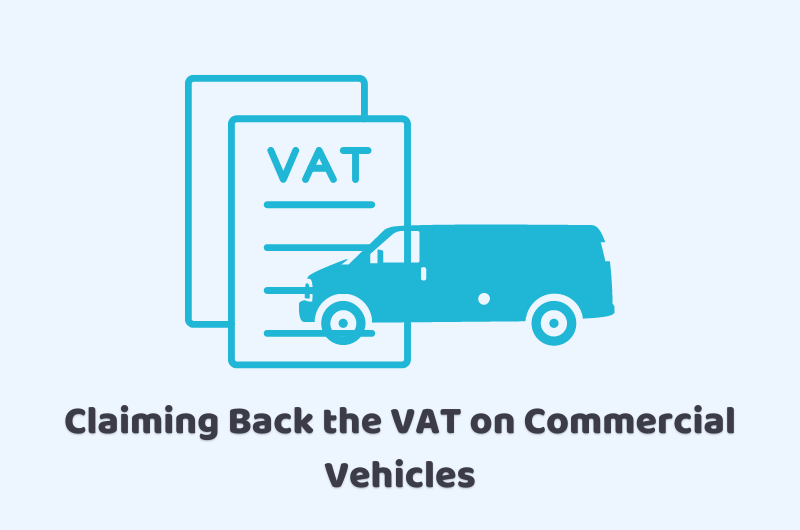
31/08/2022VAT
Recording VAT is different for a person or organisation that is VAT registered from that of a non-registered VAT person or organisation. For this, you might become confused over the setting up of your balance sheet and how should you itemise your VAT on it. What to do when you are not registered for VAT?
The answer is simple to this tricky question. When you are not registered for VAT, it simply means you are not liable to pay VAT to the HMRC. So, it’s essential to consider the concept of VAT and how should deal with the question of recording VAT on expenditure invoices when not VAT registered. So, let’s start!
Our clever and qualified tax advisors and bookkeepers can assist you to maintain the proper VAT records and calculate accurate VAT refunds at CruseBurke. Feel free to contact us.
What is Value Added Tax (VAT)?
A VAT is a tax paid to the HMRC by the VAT registered business for their supply of goods and services. The VAT is applicable on the supply of zero-rated, reduced rate or standard-rated goods and services.
As a business person, you should prepare your balance sheet by adding a VAT-inclusive price to the sheet as well as adding the VAT amount separately. Besides, you have to add all the VAT information on the invoices for the products you have sold and received the VAT on them.
Moreover, you need to calculate the VAT returns to inform HMRC about the VAT amount you received and the VAT you paid. It gives you an estimate of the net VAT you can reclaim from HMRC or you owe to HMRC.
What If I am Not Registered for VAT?
On the other hand, if you are not VAT Registered then you do not need to calculate the VAT returns and prepare invoices. Instead, you can add the gross value of the goods you sold as a single price. The VATs won’t be listed as a separate entity on your balance sheet.
Even if you are recording VAT separately, it won’t serve you any purpose as you cannot reclaim any VAT from HMRC and you do not any VAT to the HMRC. So, it is an additional hassle and wastage of time adding VAT into the balance sheet.
If you add VAT as a separate entity into accounting software, it will show you as a debtor and will advise you to reclaim all the expenses from the HMRC which will lead to the understatement of the business expenses.
What If I Become a VAT Registered Later? Can I Reclaim VAT?
There are a few circumstances where HMRC supports and provides the facility of reclaiming the VAT on some business expenses after you register for VAT later. For this, tax experts advise maintaining a proper record of all the business expenses and the VAT accurately. So that you can reclaim those expenditures later.
For this, you need to ensure that your earnings have reached or crossed the threshold of £85 000 during the previous year. Otherwise, if your earnings are going to reach this threshold within the next 30 days, you can also register yourself for VAT.
On the other hand, you can reclaim VAT on goods and services you are still using that was bought four years ago. Besides, you can also reclaim business expenses that were used on the goods and services you are still using. Furthermore, you can reclaim VAT within the 6 months of services before you register for the expenses made before the VAT registration.
Which Business Expenses are VATable?
All the business expenditures accrued for purely business purposes are VATable and a business can reclaim these business expenditures from the HMRC. If you are making business expenses for personal use like using the mobile for personal use. Then you can reclaim VAT only on use for business purposes and not for personal use.
The Bottom Line
The wrap-up of all this informative discussion is that if a person is not registered for VAT then they are not required to itemise their VAT separately into their balance sheet. Instead, they can add the gross value of their purchase from another VAT registered person as an asset.
However, if you registered yourself as a VAT registered later, it will not affect your VAT reclaims considerably. But it is highly recommended to maintain an accurate record of all your purchases and invoices for the last few years.
Let’s blow away all your tax or VAT worries by hiring professional and experienced content writers at CruseBurke in the United Kingdom. Reach out to us by giving us a call.
Disclaimer: All the information provided on Not Registered For VAT, including all the texts and graphics, is general in nature. It does not intend to disregard any of the professional advice.



